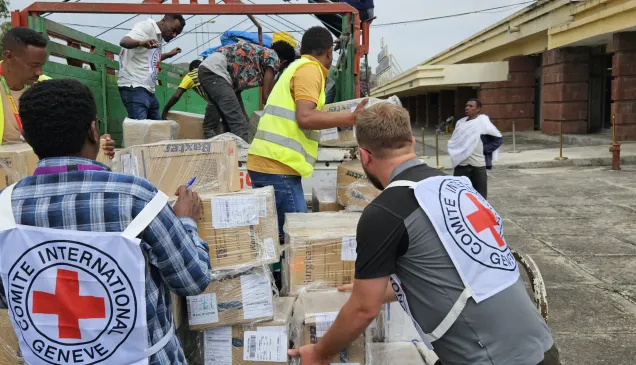Ethiopia: Vaccination of over two million animals safeguards livestock and livelihoods
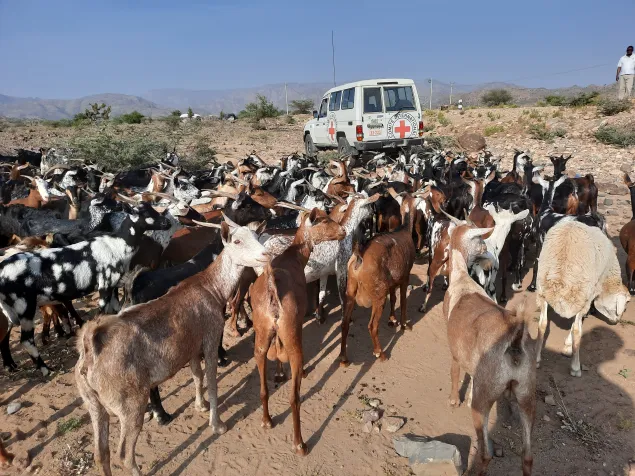
Livestock in Afar region in Ethiopia
Animals assembled for vaccination in Erebti, Afar region in Ethiopia.
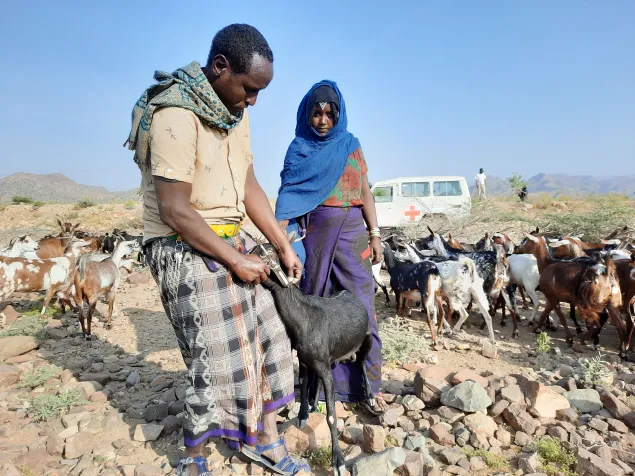
Livestock represents an important source of income
For these pastoral communities in Erebti, in Ethiopia`s Afar region, their livestock represent an important source of income and food through sales, meat and milk.
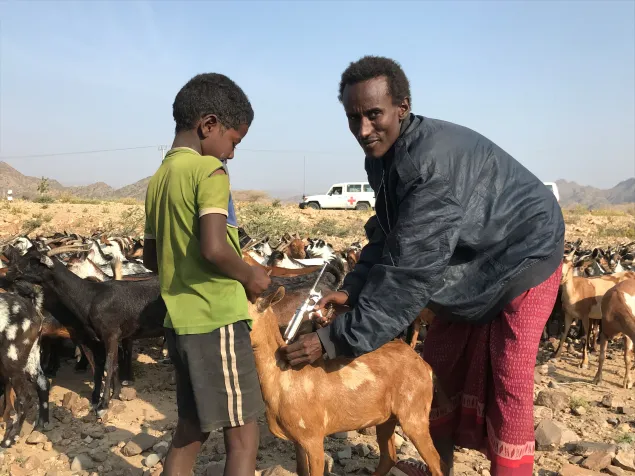
Health workers drive sustainable livestock farming
Community animal health workers drive sustainable livestock farming by helping to protect animal health through vaccinations.
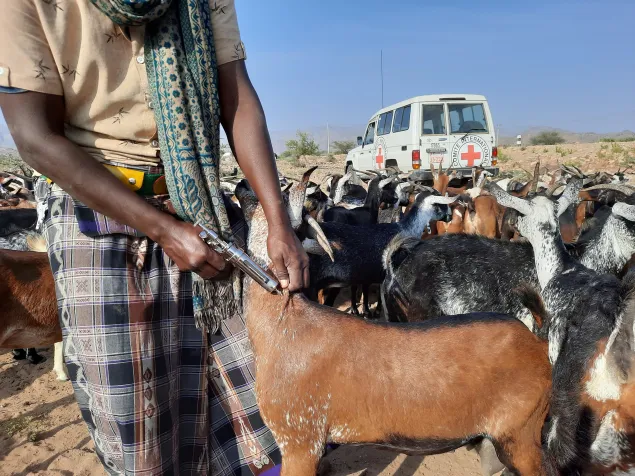
The vaccination campaign helped to protect animals against disease-related deaths
The vaccination campaign is designed to protect animals against disease-related deaths in Oromia, Somali and Afar regions in Ethiopia.
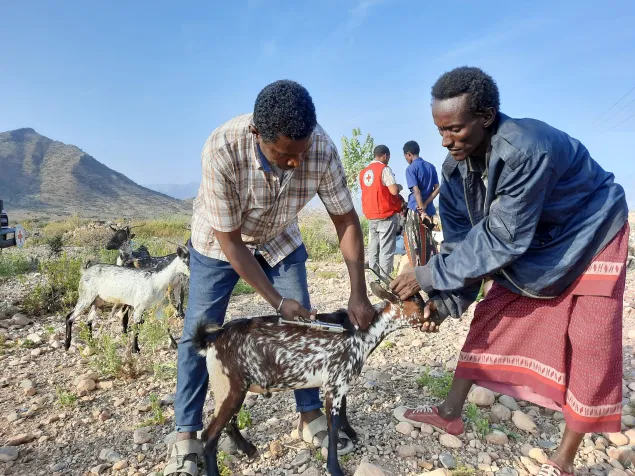
Livestock vaccinations deeply helps people affected by conflicts
Livestock vaccination keeps animals alive and helps people affected by conflict to build resilience through this important source of income and food.
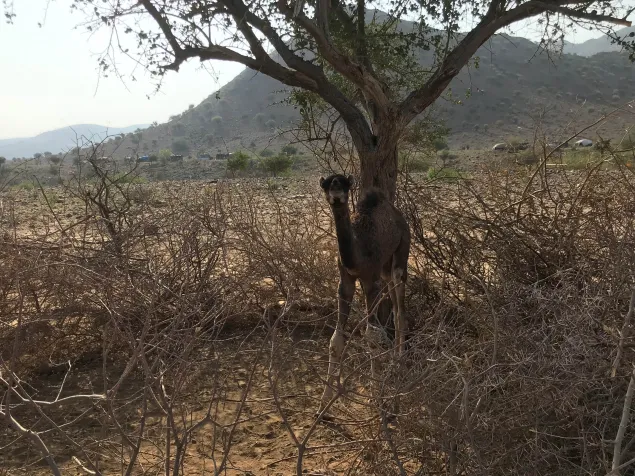
Camels vaccinated in Afar region, Ethiopia
Camels were among the animals vaccinated in Erebti, Afar region in Ethiopia.
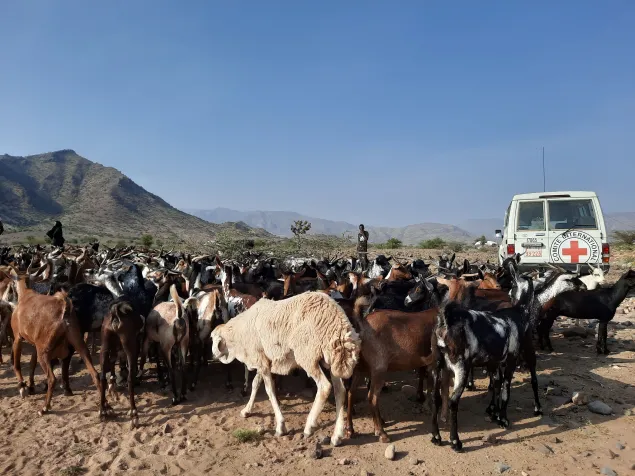
The ICRC vaccination program supports the communities
The ICRC vaccination program supports resiliency efforts that help communities recover from the impact of conflicts.
In the vast regions of Afar, Somali, and Oromia in Ethiopia, livestock are not just animals, but a lifeline for pastoral farmers. They provide income and food for these communities, but sadly, preventable diseases have taken a toll on their beloved animals, leading to significant losses in a country with the largest livestock population in Africa.
The International Committee of the Red Cross (ICRC) launched a massive vaccination campaign to protect the livelihoods of these vulnerable pastoralists. Camels, cattle, goats, sheep, shoats, and donkeys were vaccinated against blackleg, bovine pasteurellosis, anthrax and ovine pasteurellosis, which are common animal diseases killing livestock in the three regions.
John Karongo, the ICRC deputy economic security coordinator for resilience programs in Ethiopia, explained, "By vaccinating their livestock, we protect the livelihood of these vulnerable pastoralist communities where basic structures like animal health posts and pharmacies have either been destroyed due to conflict, are not functioning or partially functioning."
The impact of this campaign has been remarkable, with a total of 67,733 pastoralists benefiting from this vaccination campaign by the ICRC. In February and March 2023, ICRC veterinarians and community animal health workers tirelessly worked to vaccinate a total of 2,034,400 animals, providing a much-needed lifeline to pastoral farmers who rely on their livestock for survival.



